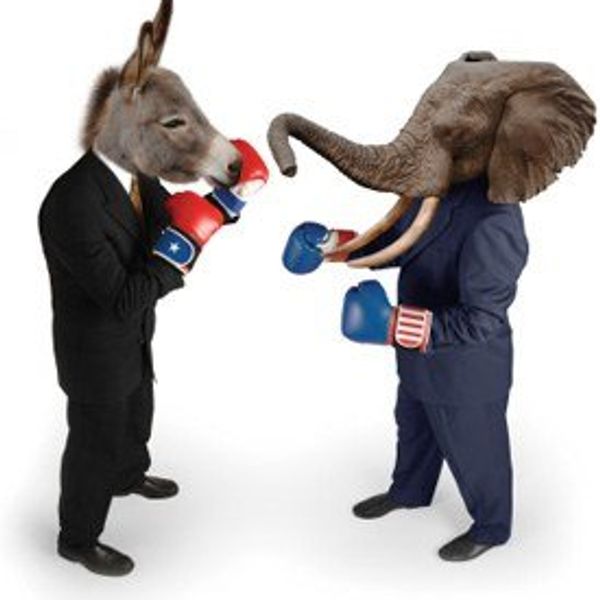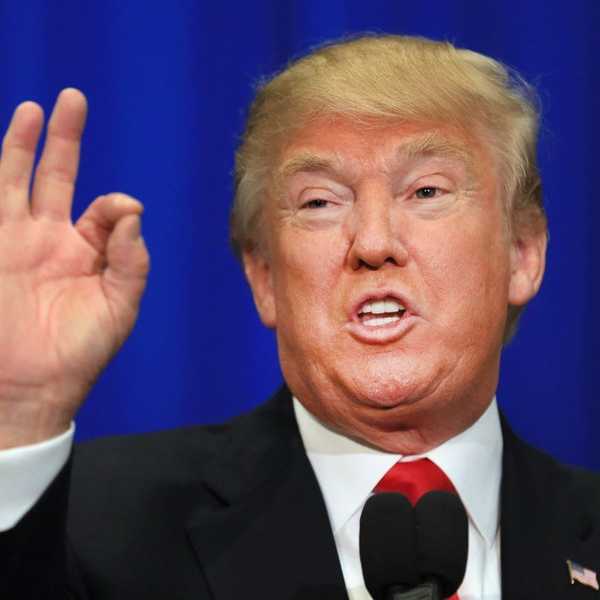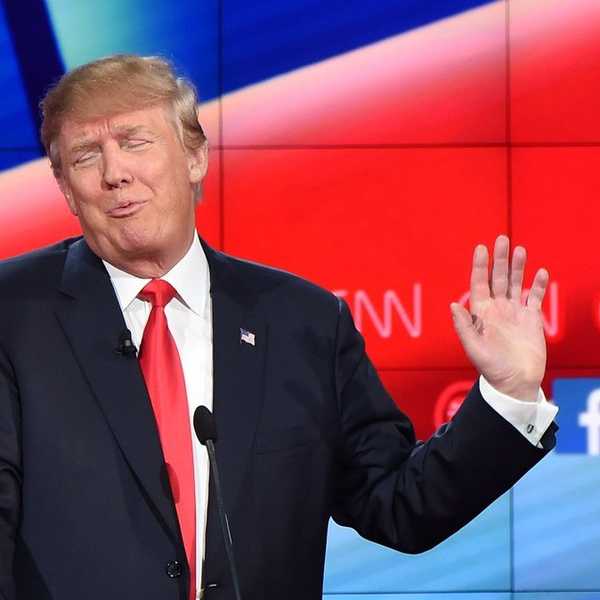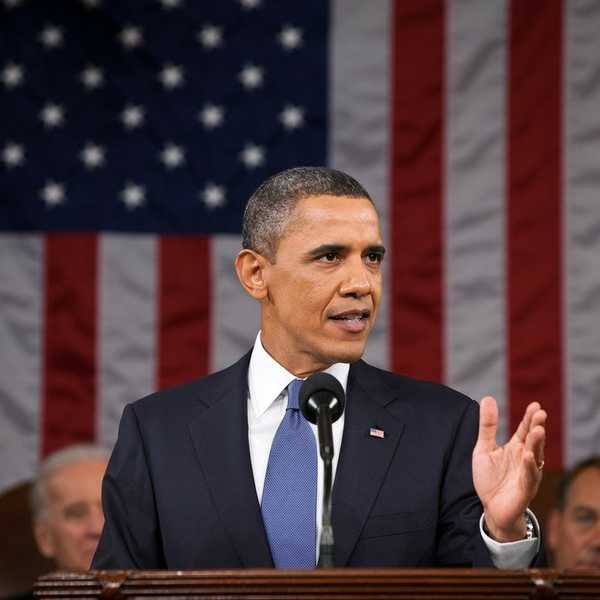In 2016, where two historically-unpopular major-party candidates are running for president, the electoral college is still confusing to many Americans. The Constitution of the United States is pretty simple. It is not cryptic as many think or the mainstream media and establishment insiders want you to believe.
Article I, section I, clause II of the U.S. Constitution codifies the electoral college that: "Each State shall appoint, in such Manner as the Legislature thereof may direct, a Number of Electors, equal to the whole Number of Senators and Representatives to which the State may be entitled in the Congress: but no Senator or Representative, or Person holding an Office of Trust or Profit under the United States, shall be appointed an Elector."
In modern English, it means the state legislatures decides how its allotted electors for president are chosen in their respective states, but none can hold a public office.
Ratified in 1961, the twenty-third amendment extended this to the country's capitol, Washington D.C., allotting them the same amount of electors equal to the least populous state (currently that number is three, thanks to seven states).
Clause III, which stated how the electors voted for the president and vice president, was replaced by the twelfth amendment, ratified in 1804. The text reads:
The Electors shall meet in their respective states, and vote by ballot for President and Vice-President, one of whom, at least, shall not be an inhabitant of the same state with themselves; they shall name in their ballots the person voted for as President, and in distinct ballots the person voted for as Vice-President, and they shall make distinct lists of all persons voted for as President, and all persons voted for as Vice-President and of the number of votes for each, which lists they shall sign and certify, and transmit sealed to the seat of the government of the United States, directed to the President of the Senate.
The President of the Senate shall, in the presence of the Senate and House of Representatives, open all the certificates and the votes shall then be counted.
The person having the greatest Number of votes for President, shall be the President, if such number be a majority of the whole number of Electors appointed; and if no person have such majority, then from the persons having the highest numbers not exceeding three on the list of those voted for as President, the House of Representatives shall choose immediately, by ballot, the President. But in choosing the President, the votes shall be taken by states, the representation from each state having one vote; a quorum for this purpose shall consist of a member or members from two-thirds of the states, and a majority of all the states shall be necessary to a choice. And if the House of Representatives shall not choose a President whenever the right of choice shall devolve upon them, before the fourth day of March next following, then the Vice-President shall act as President, as in the case of the death or other constitutional disability of the President.
The person having the greatest number of votes as Vice-President, shall be the Vice-President, if such number be a majority of the whole number of Electors appointed, and if no person have a majority, then from the two highest numbers on the list, the Senate shall choose the Vice-President; a quorum for the purpose shall consist of two-thirds of the whole number of Senators, and a majority of the whole number shall be necessary to a choice. But no person constitutionally ineligible to the office of President shall be eligible to that of Vice-President of the United States.
In layman terms, this means the electors vote for the president and vice president by ballot separately; provided both votes are not of candidates who reside in the same state as the electors. The president of the senate (the sitting U.S. vice president) counts the votes in presence of Congress.
The presidential candidate with most electoral votes, assuming it is from at least a majority of the electors, then becomes the U.S. president-elect. The same is applied in electing the vice president.
However, if no presidential candidate earns enough electoral votes, the three candidates with the most electoral votes will then go to the House of Representatives (the chamber of the people) to be elected. If no vice presidential candidate earns enough electoral votes, the two candidates with the most electoral votes will then go to the Senate (the chamber of the states) to be elected.
The electors meet on the Monday after the second Wednesday in December, after the November general election.
The federalists who wanted popular election of the president, led by the chief author of the Constitution James Madison, argued slavery and the question of trust in a direct democracy as a reason to not go through with it.
Click here for Madison's notes on the issue. http://avalon.law.yale.edu/18th_century/debates_71..
Fun fact: there were several methods discussed to elect the national executive, such as from Congress, the state governors, popularly, and, of course, electors.
In the Federalist no. 68, Alexander Hamilton wrote a lot about how the electors were to be known and trusted by the people within each state. In agreement with Madison, he had hoped the people, not the state legislatures nor political parties, would elect the presidential electors.
Click here to read this article of the Federalist Papers. http://avalon.law.yale.edu/18th_century/fed68.asp
The intent of the founders, remember conservatives (which members of the Republican Party claim to be) clamor about interpreting the constitution through originalist eyes, was for the people to have the say in electing presidential electors. However, state legislatures, led by both Republicans and Democrats, allow insiders to be selected by the major parties to be electors.
Though "pledged electors" is not a legal concept delegated by the constitution, currently twenty-nine states and D.C. have illegal laws obligating "pledged electors" to vote for the candidate who won their respective state. While twenty-one states do not.
In 1952, the Supreme Court of the U.S. ruled in Ray v. Blair that electors can be pledged in the primaries and even removed from consideration for the election, but this is not the case in the general election. There have been nine faithless electors in the last hundred years - none have been penalized.
(Side note: there have been 178 faithless electors in U.S. history, none have been penalized for voting against their "pledged" support)
Currently only eight states - Tennessee, Arizona, Idaho, Louisiana, North Dakota, Oklahoma, Rhode Island, and South Dakota - list the electors on the ballots on Election Day.
Before the advent of this method called the "short ballot," electors were chosen individually, called the "general ticket." It would be prudent to list these names and not the presidential and vice presidential candidates.
When the short ballot started being used in some states early in U.S. history, many founders, including Madison and Hamilton, protested and even argued it violated the letter and intent of the constitution.
Electors under the short ballot are not free agents selected by the people, but insiders of major political parties and special interests. This system flies in the face of the social justice concerns claimed by liberals (which members of the Democratic Party claim to be).
Other methods to decide the electors that have been used by states include the legislature by legislation (which put support from legislators on public record), dividing the respective state into electoral districts (which was under the scrutiny of gerrymandering), proportional vote (as opposed to plurality), congressional districts (allotted by winners in each congressional district plus two went to statewide winner, as done currently by Maine and Nebraska), and congressional districts alternative where the two additional votes went to the winner of the most congressional votes as proposed in 2013 by Virginia. None of these quelled the fears and warnings of the founding generation.
The mainstream media, also called the "fourth branch" of the government by some, has been irresponsible in elections for over a century. Networks "call" elections before all precincts have reported results, confuse or conflate the popular vote and the electoral vote, and have no qualms capitalizing on the ignorance of the people about the political system.
It is time for a change. But nothing changes if political bosses, special interests, and other establishment insiders are making the decisions. If the country is not ready for a free society yet, the logical conclusion is to listen to Hamilton, albeit only as it applies to the electoral college.





















